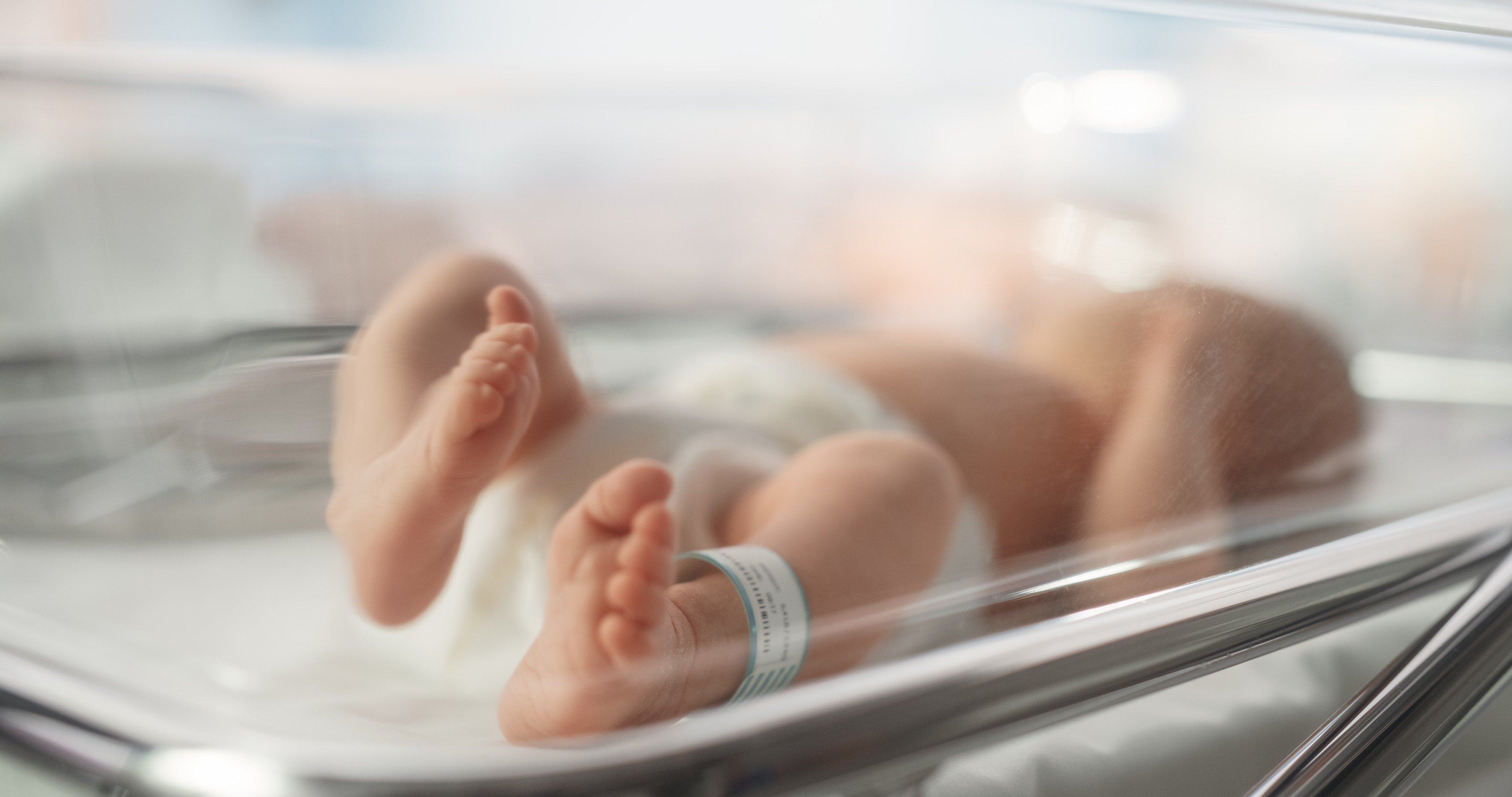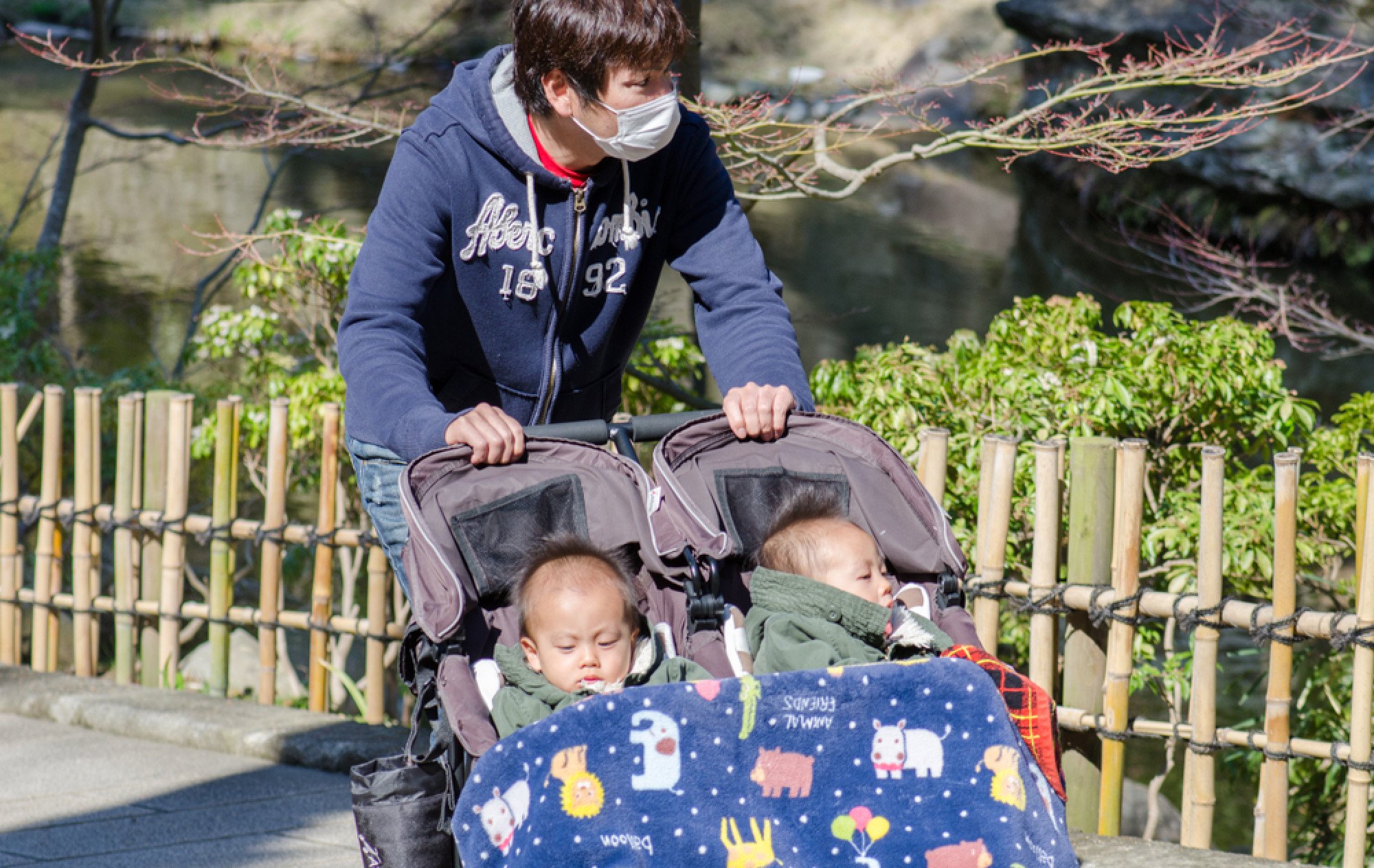Japan faces ‘critical’ demographic crisis as birth rate hits historic low
Record-low births and an ageing population are driving Japan to implement urgent measures to encourage marriage and boost fertility rates.

Japan is facing a severe demographic crisis, marked by a historic low in its birth rate alongside a rapidly ageing population. In 2024, the number of babies born in the country fell to 686,061, marking the first time this figure has dropped below 700,000 since record-keeping began in 1899, according to a health ministry announcement on Wednesday.
Births dropped by 41,227, or 5.7 per cent, from the previous year. It was only two years ago, in 2022, that the figure fell below the 800,000 birth threshold.
A ministry official said the situation was “critical” as “multiple complex factors are preventing individuals from fulfilling their hopes of marriage and starting families,” The Asahi newspaper reported.
The country’s demographic crisis is advancing 15 years ahead of experts’ predictions, who had forecast around 755,000 births for 2024, and did not anticipate that births would fall below 690,000 until 2039.
Additionally, Japan’s total fertility rate – the average number of children a woman is expected to have in her lifetime – dropped to a historic low of 1.15, down from 1.20 the previous year, underscoring the country’s ongoing trend of delayed marriage and childbirth.
Both the birth and fertility rates have decreased for nine consecutive years. The figures exclude foreign nationals born in Japan and Japanese born outside the country.
Japan also saw a record high of 1,605,298 deaths in 2024, a 1.9 per cent increase from the previous year. This led to a population loss of 919,237 people, marking the 18th consecutive year of decline and the largest recorded.
The country did see a modest rebound in the number of marriages, a key factor influencing future birth trends. Last year, 485,063 couples got married, up 2.2 per cent from 2023, while divorces rose 1.1 per cent to more than 185,000 cases.

Many young people in Japan are delaying marriage and childbirth for a variety of reasons, ranging from fragile job security to changing social values that place less emphasis on marriage.
To address the demographic decline, the government has implemented multiple countermeasures, including raising youth wages and expanding childcare support programmes.
In 2023, the Tokyo metropolitan government launched an AI-driven app to boost marriage, playing the role of cupid among millions of unmarried residents. However, this initiative sparked controversy over whether the government should allocate funds to such programmes instead of addressing the needs of poorer families or single parents.
Japan has also turned to young foreigners as a source of labour, but the government has maintained a strict immigration policy, only allowing overseas workers entry on a temporary basis.
“We understand that the declining birth rate is continuing because many people who wish to raise children are not able to fulfil their wishes,” Chief Cabinet Secretary Yoshimasa Hayashi said at an April press briefing.
“We will promote comprehensive measures to realise a society where everyone who wishes to have children can have children and raise them with peace of mind,” he added.